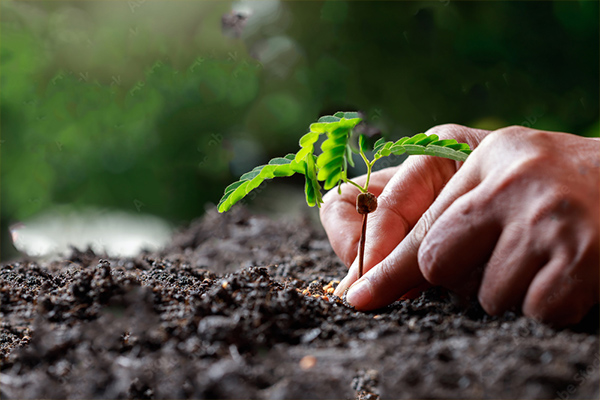
Bio-inoculants for the promotion of nutrient use efficiency and crop resiliency in Canadian agriculture
Industrially produced fertilizers are partially responsible for large increases in global crop yields since the 1970s. However, they also account for up to 20 per cent of all greenhouse gas (GHG) emissions in Canadian agriculture. Nitrogen fertilizer production uses the most fossil fuel in agriculture. In addition, importing these fertilizers exposes Canadians to food insecurity and farmers’ incomes to risks from unstable political situations abroad.
Chemical fertilizers are also a major cost for farmers, with prices rapidly rising. Microbial products (inoculants), an alternative method of promoting crop nutrition, are currently unreliable. This project will use genomics technologies to identify microbes from Canadian soils that could be developed into inoculants. It will create models to determine if their use in industrial-level production is economically worthwhile (maintaining current crop yields) and environmentally beneficial (decreasing fertilizer use).
The development of a plant genomics database, which captures how crops respond to the microbes, will guide future breeding of climate-smart crops. Researchers will also develop predictive tools to support the uptake of the inoculants by farmers. A 30 per cent reduction in fertilizer use in wheat, barley, canola and dry bean crops could reduce Canadian GHG emissions by up to 2.56 Mt/year—the same as burning more than 1 billion litres of gasoline—and save Canadian farmers more than $2.1 billion/year in fertilizer costs.
The project’s role in supporting development of Canada’s bio-inoculant industry, with an expected global value of more than $6 billion by 2029, will lead to a more resilient domestic food production system.



